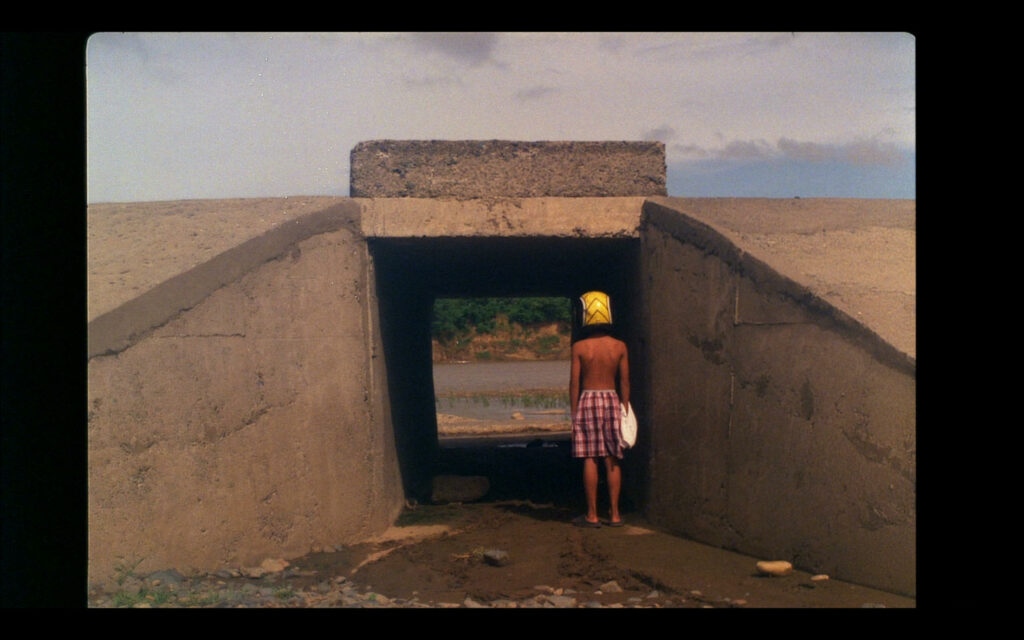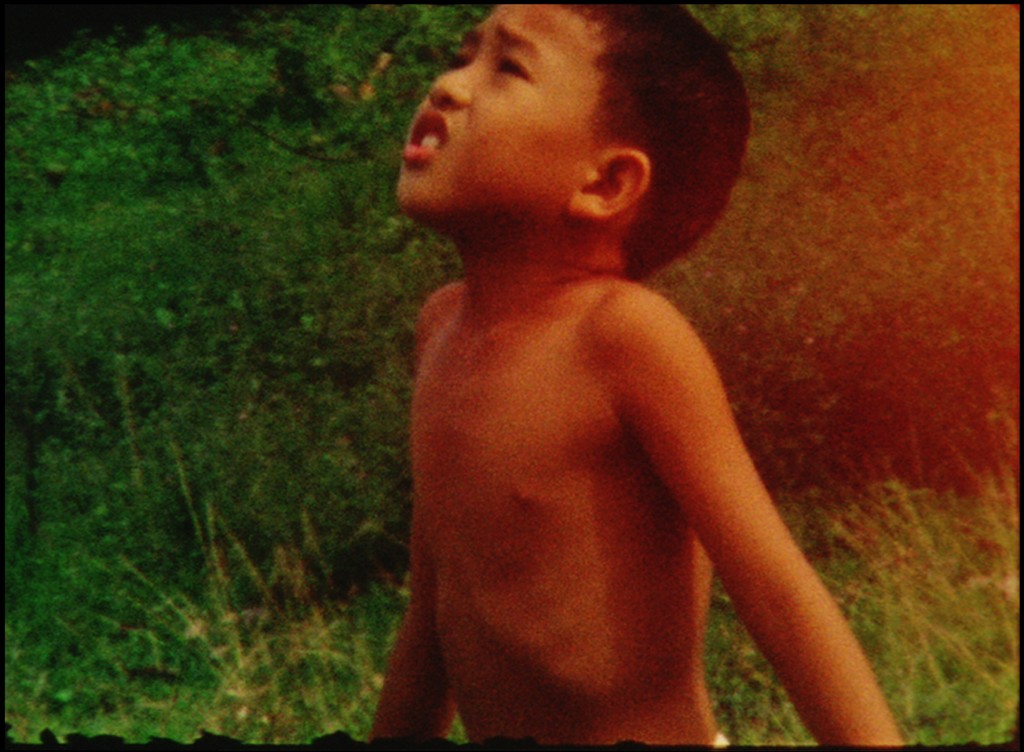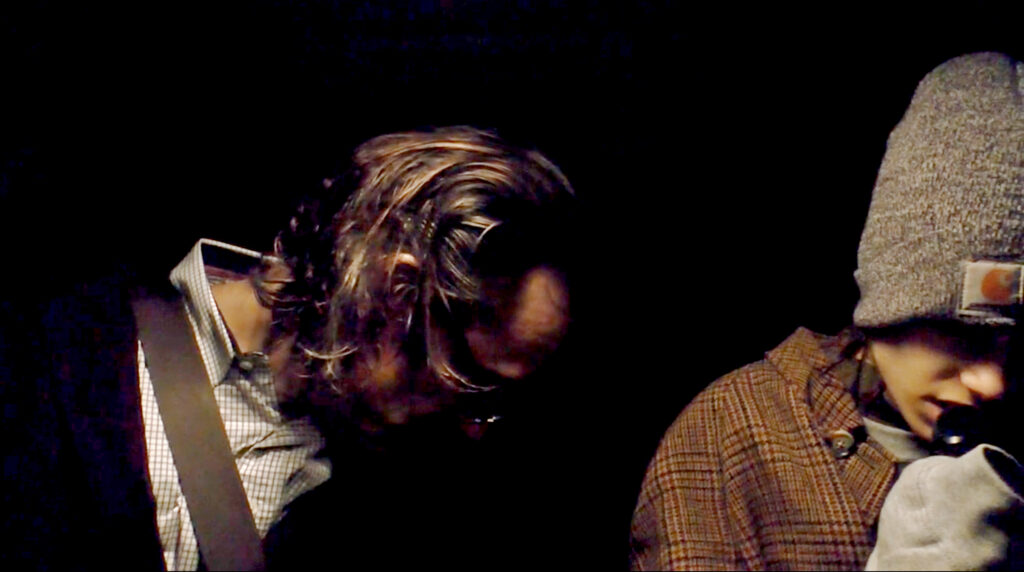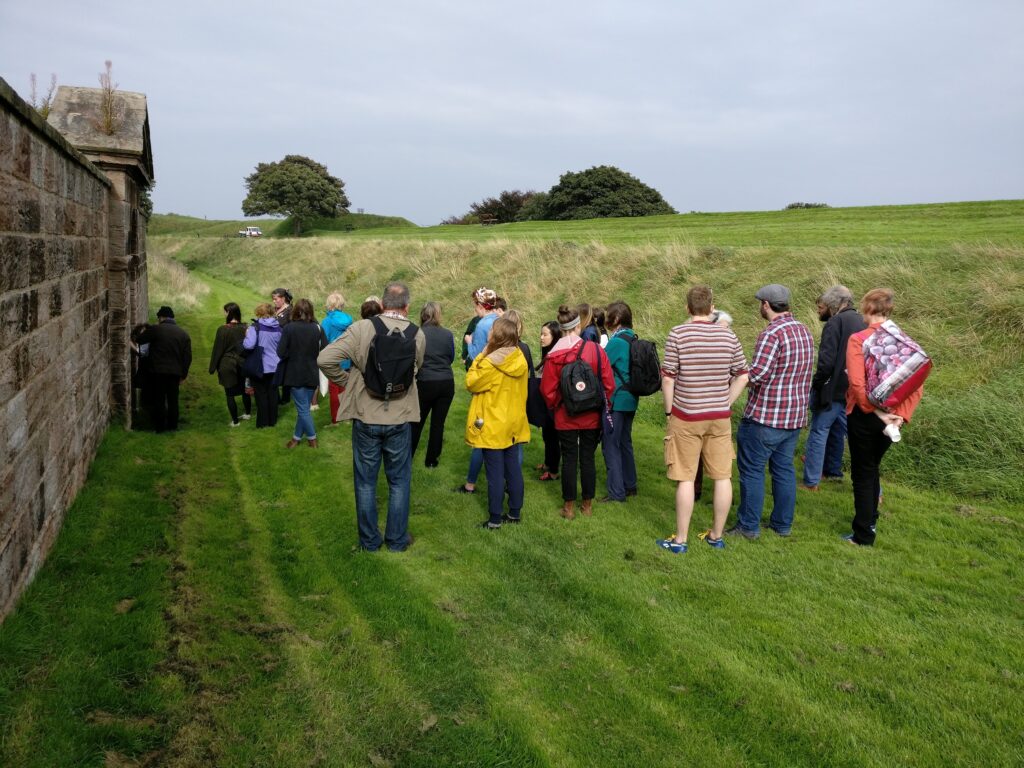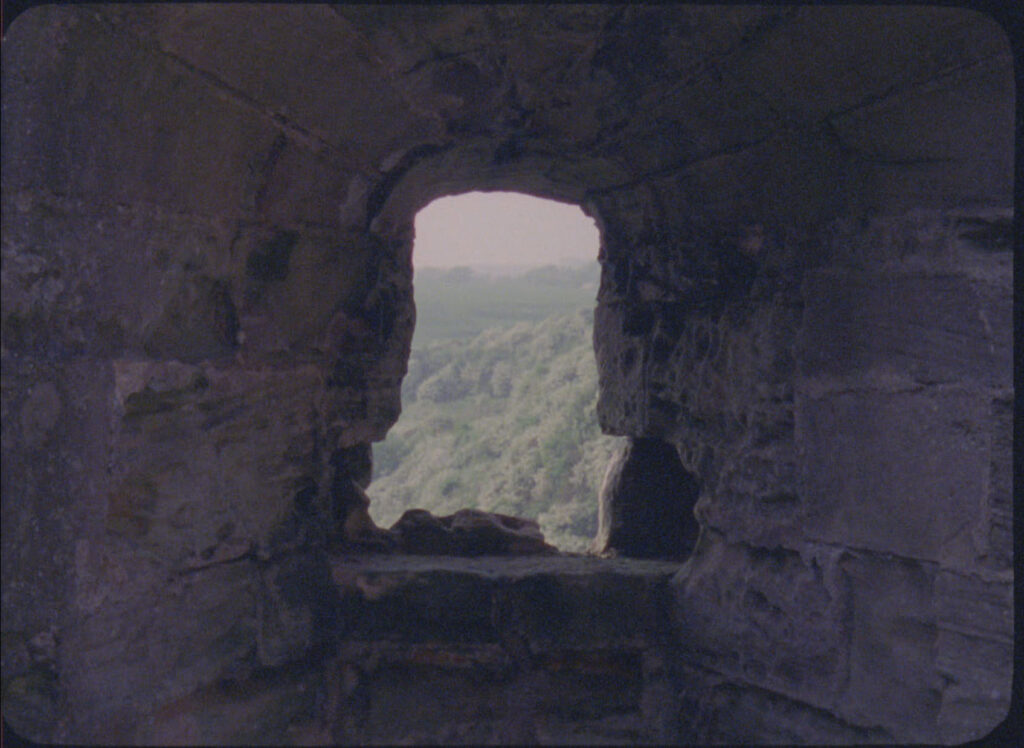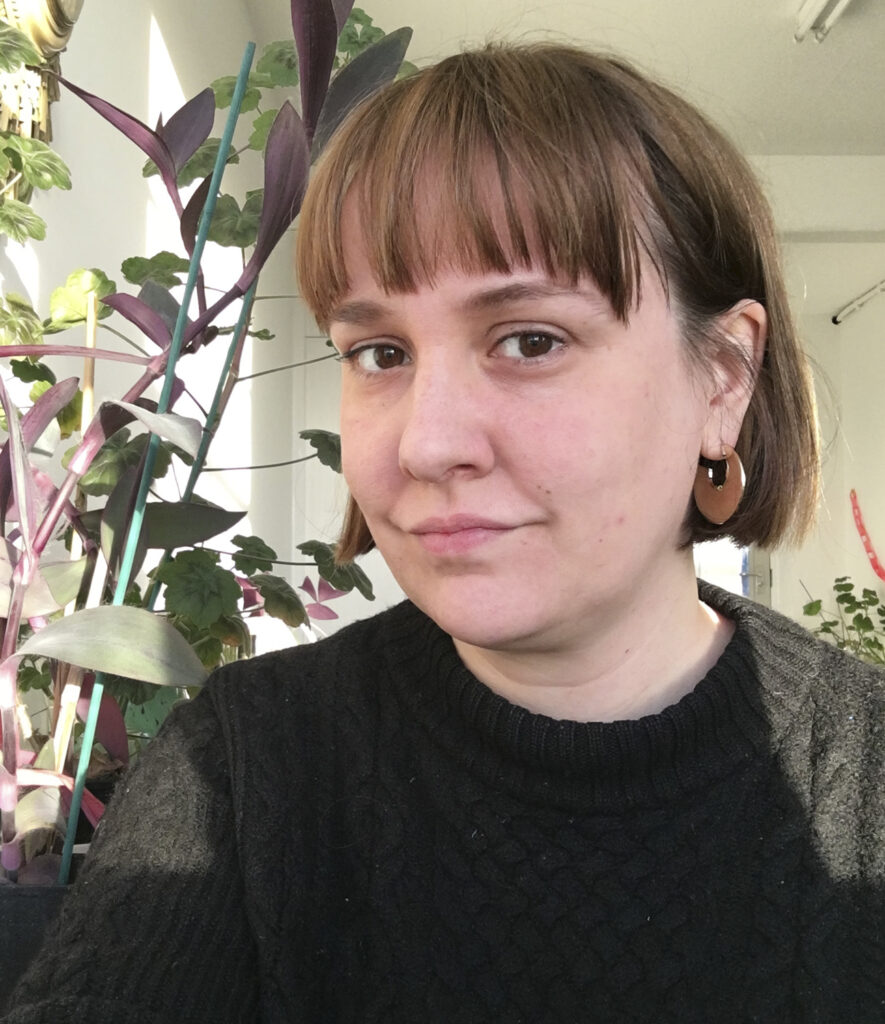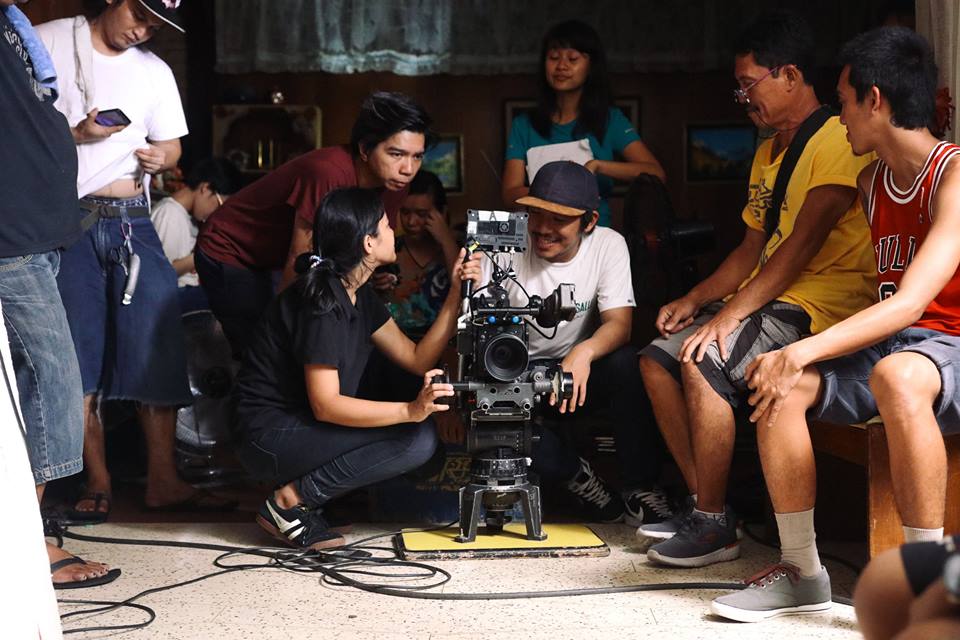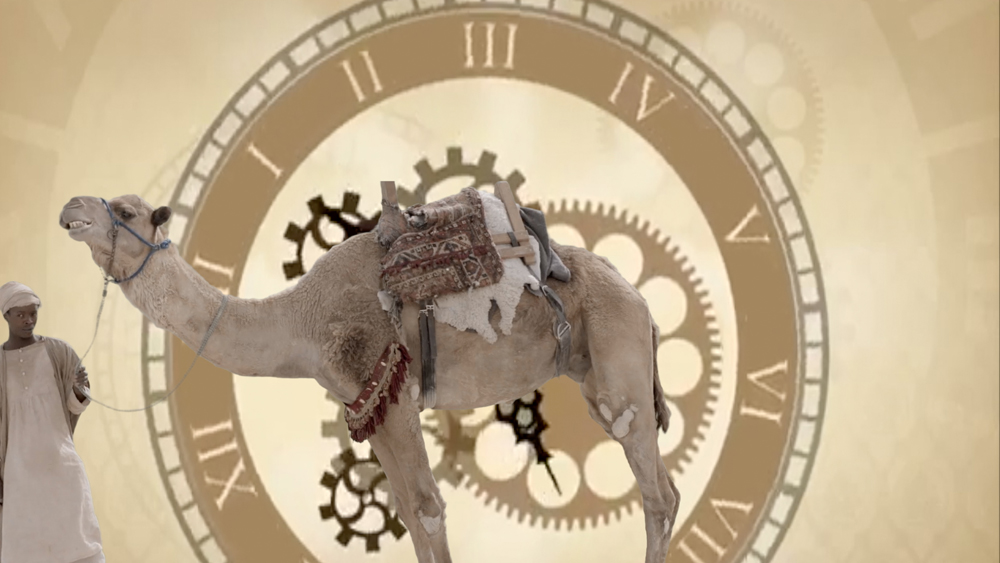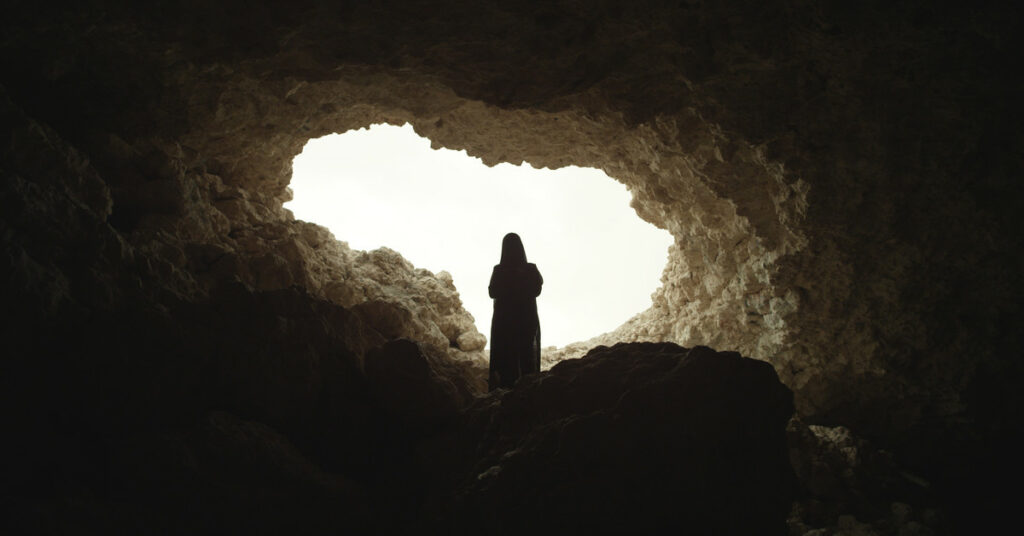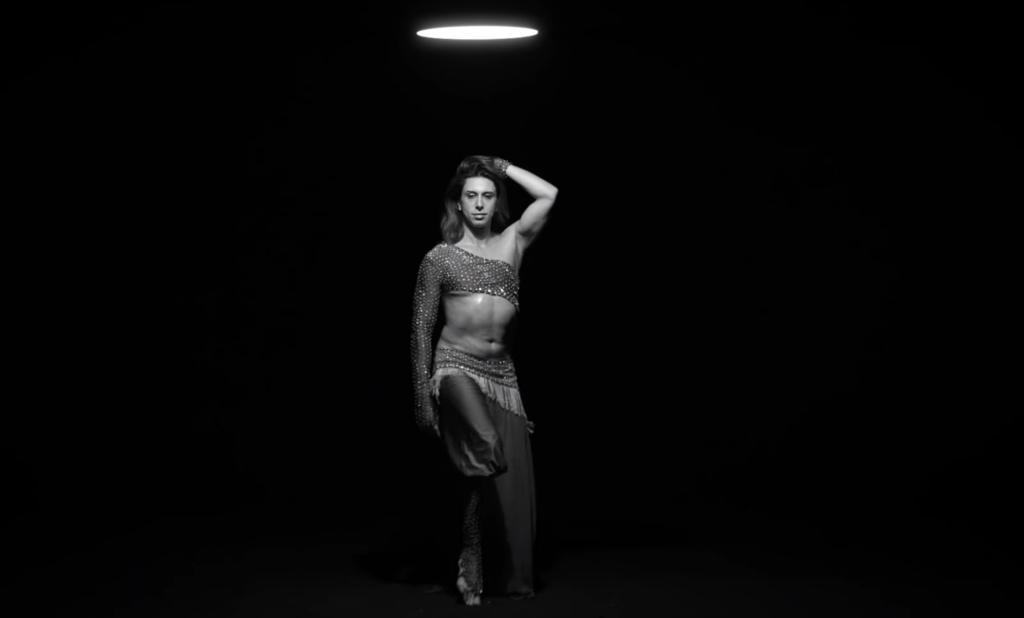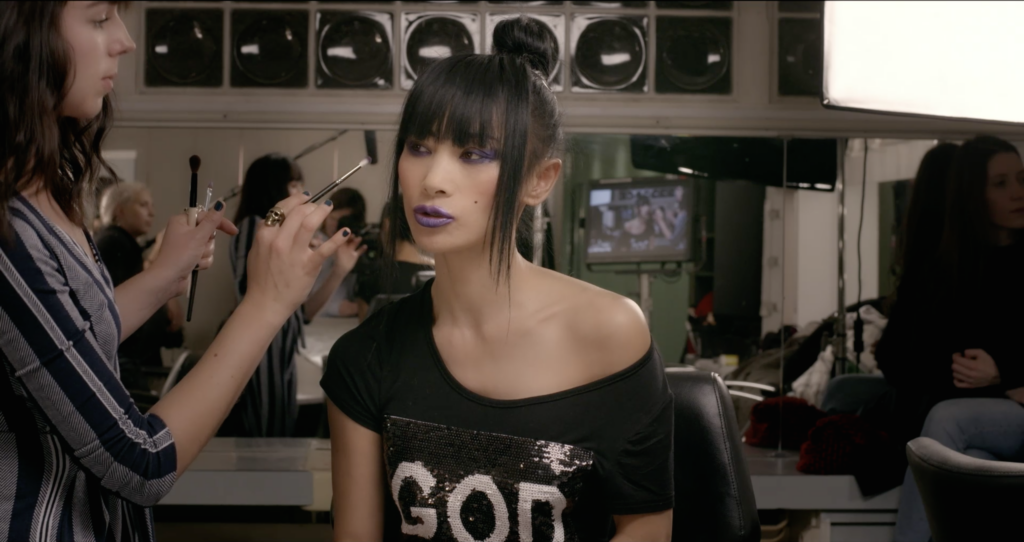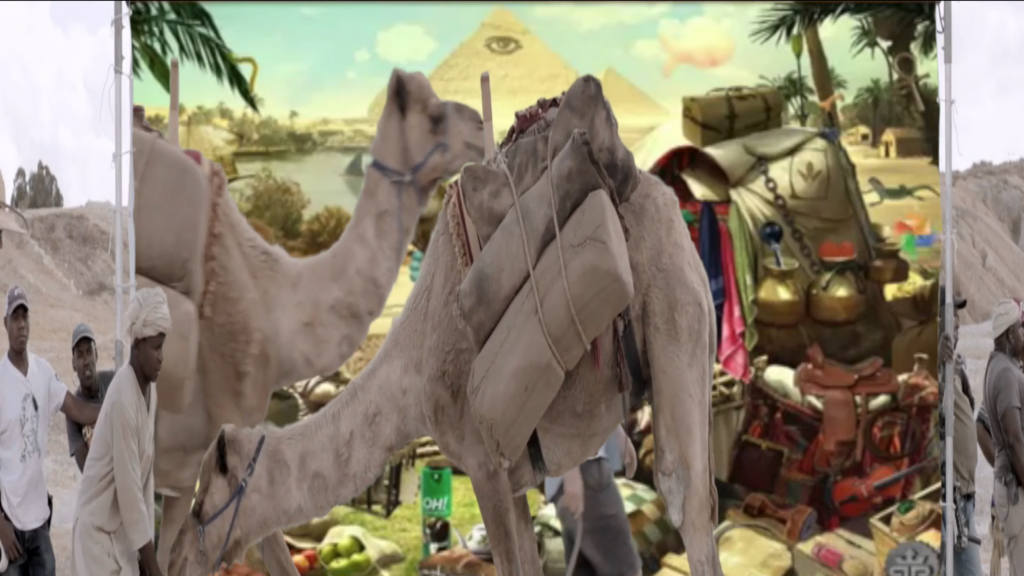‘Lukas, in the middle of the film, the actress will pay a visit. You’ll fall in love with her. And you’ll understand your father. I’ll become your memory. I haven’t shown you the middle yet’. Thus begins John Torres’s latest dream of a documentary, a highly experimental, gloriously free-form coming-of-age story. Shortly after the arrival of a film crew that throws his tiny, usually quiet village into a frenzy of commotion, Lukas’s father, Mang Basilio, announces that he is a ‘tikbalang’, the half-horse, half-man of Filipino folklore. When Mang Basilio disappears, the awkward, baffled Lukas sets out on a journey of self-discovery that will include a ‘river of forgetting’, invisible voices and a hallucinatory blurring of reality and fantasy. Torres has already carved out an idiosyncratic niche for himself in the thriving world of documentary-fiction hybrids, and this is his most personal and expansive work to date. — Film Society of Lincoln Center
Q&A with filmmaker John Torres


